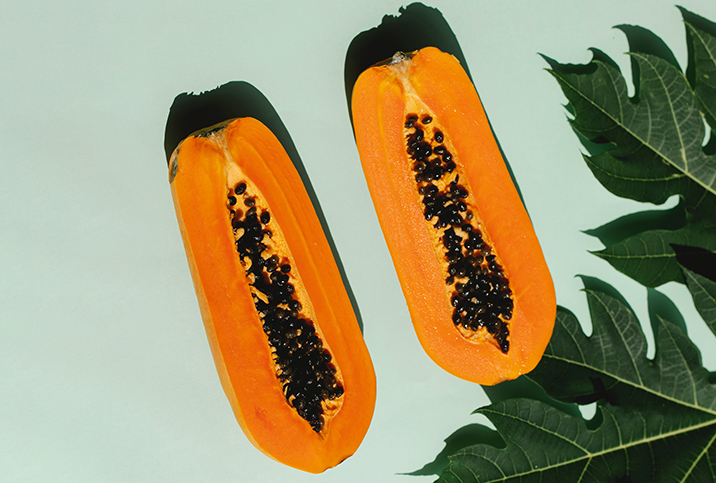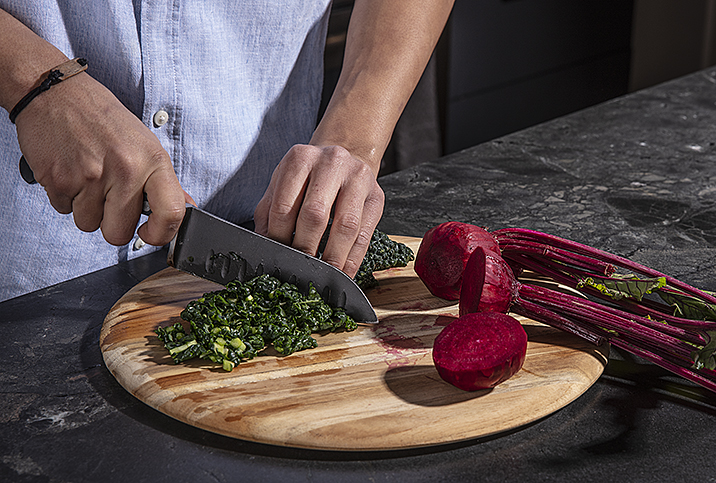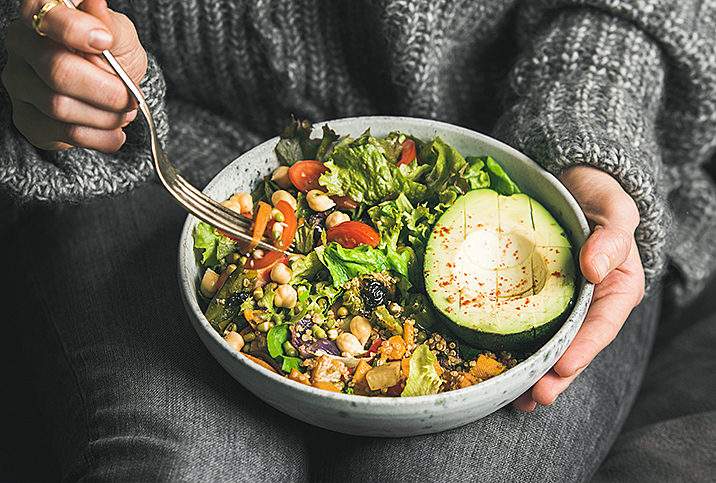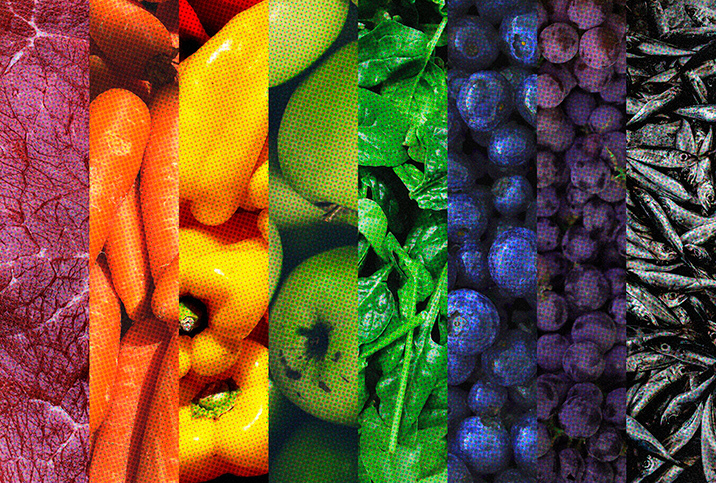Perk Up Your Penis and Testicle Health

Antioxidants may give the cells in your body an advantage against environmental and genetic damage. Here's a rundown on how adding nutritious foods to your diet could help with male infertility and erectile dysfunction (ED).
What are antioxidants?
To see how antioxidants work, it helps to first understand what oxidants are. Also known as reactive oxygen species or free radicals, oxidants are the byproducts of various biochemical reactions. The body produces free radicals in response to sunburns, smoking and even actions such as breathing and exercise, and they contribute to the aging process and the development of disease.
Free radicals are unstable molecules that roam around the body and damage the DNA of healthy cells by stealing electrons from cell components. Antioxidants neutralize free radicals by giving them an electron and stabilizing them, so consuming antioxidants through nutritious foods provides the body with a constant supply to protect against DNA damage and help ward off adverse health issues.
How antioxidants affect sperm
Antioxidants such as selenium are found in the testicles, leading many scientists to suspect they are a factor in sperm creation.
Sperm cells are vulnerable to free radicals, mainly because of these characteristics:
- Sperm uses DNA repair mechanisms that can leave unstable fragments behind.
- Sperm contains lots of polyunsaturated fatty acids, which are especially susceptible to attack by free radicals.
- There's a lack of natural antioxidant compounds in sperm cells.
Oxidative damage from free radicals directly contributes to male infertility. However, whether oral antioxidants can effectively solve this problem hasn't been proven. Some studies show minor improvements, but it's not clear that antioxidants alone are enough to fix infertility caused by free radical damage to sperm.
It couldn't hurt to get more antioxidants in your diet, but first, infertile males should focus on stopping unhealthy habits that increase free radicals. For instance, smoking is a clear cause of abnormal sperm morphology and reduced sperm motility. Avoiding first- and secondhand smoke is essential for both men and women who want to improve their reproductive success.
Diet and erectile dysfunction
Flavonoids are a type of antioxidant compounds derived from plants. A higher intake of flavonoids, including the dark purple antioxidant anthocyanin, is associated with improved vascular function and lower rates of erectile dysfunction. Berries, including strawberries, blackberries, raspberries and blueberries, are excellent sources of anthocyanins.
Lifestyle changes that are good for your heart are also beneficial for erectile function. The American Heart Association encourages a diet focused on "superfoods," which are naturally high in antioxidants, to maintain a healthy cardiovascular system. Choosing a vibrant array of plant-based foods can go a long way to preserving your sexual and heart health.
How to boost your intake
It's vital to get your antioxidants from food, not supplements. Although antioxidant supplements can seem like a quick and easy fix, they aren't proven to improve health in the same way as antioxidant-rich foods. In some cases, antioxidant supplements produce adverse effects and may increase the risk of certain cancers.
You can get antioxidants from foods you enjoy by including a variety of colors in your diet. Eat the rainbow. Plant-based items—a few of the best include nuts, beans, seeds, coffee, tea, dark chocolate, fruits and vegetables—are excellent sources of antioxidants.
Examples of antioxidant sources include:
- Beta carotene: carrots, pumpkin, turnip greens and collard greens
- Lutein: kale, spinach and eggs
- Lycopene: cooked tomatoes, guava, watermelon and papaya
- Vitamin C: citrus, strawberries and peppers
- Vitamin E: vegetable oils, wheat germ, nuts and seeds
- Selenium: Brazil nuts, seafood and dairy products
- Zinc: shellfish, meat and nuts
Most adults should aim for one and a half cups of fruit and two and a half cups of vegetables each day. Fruits and veggies not only come with antioxidants, but they also pack much-needed fiber and other phytochemicals that support metabolism, digestion and reproduction. Unless you're allergic, there's no downside to making high-antioxidant plant foods a bigger part of your day.


















